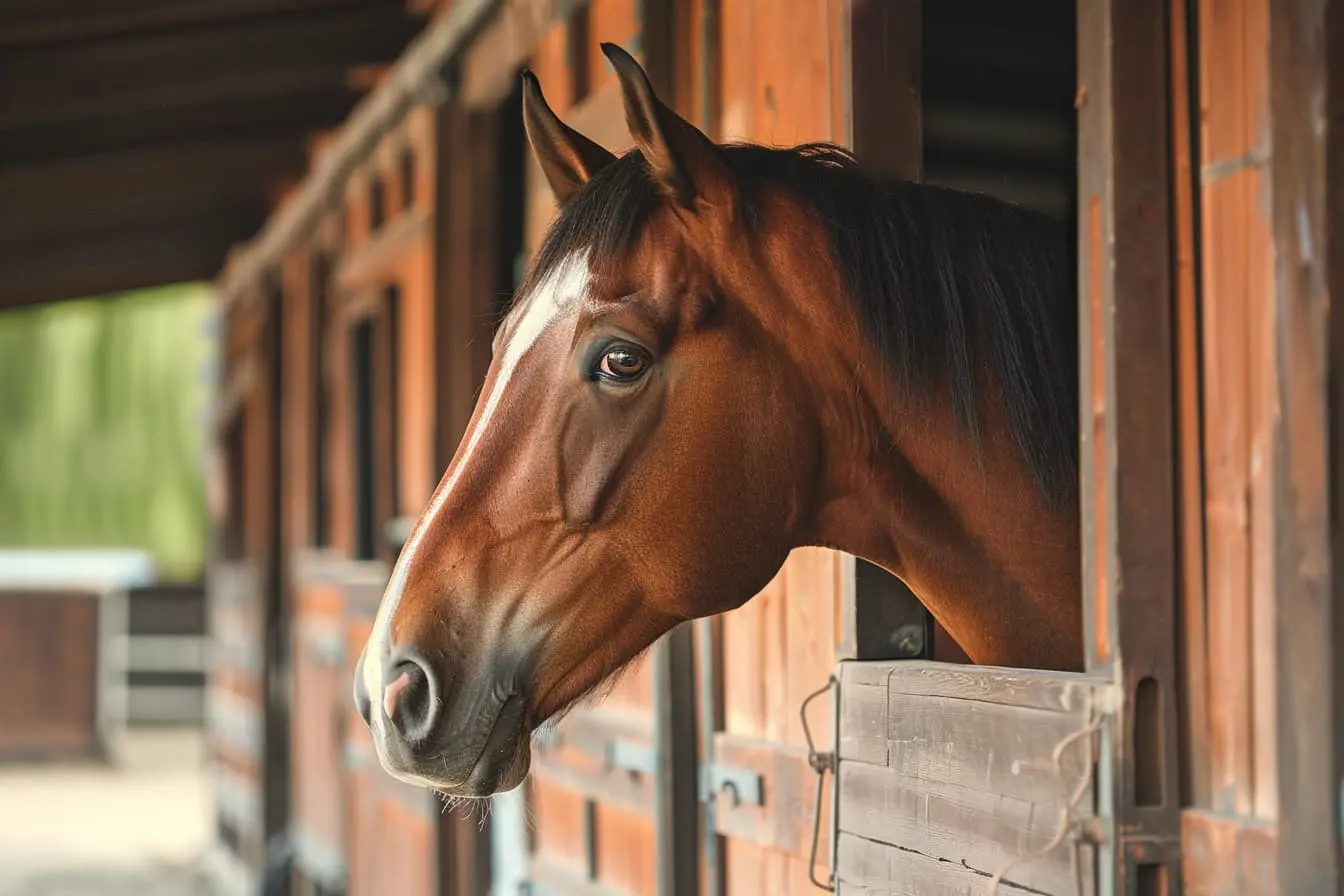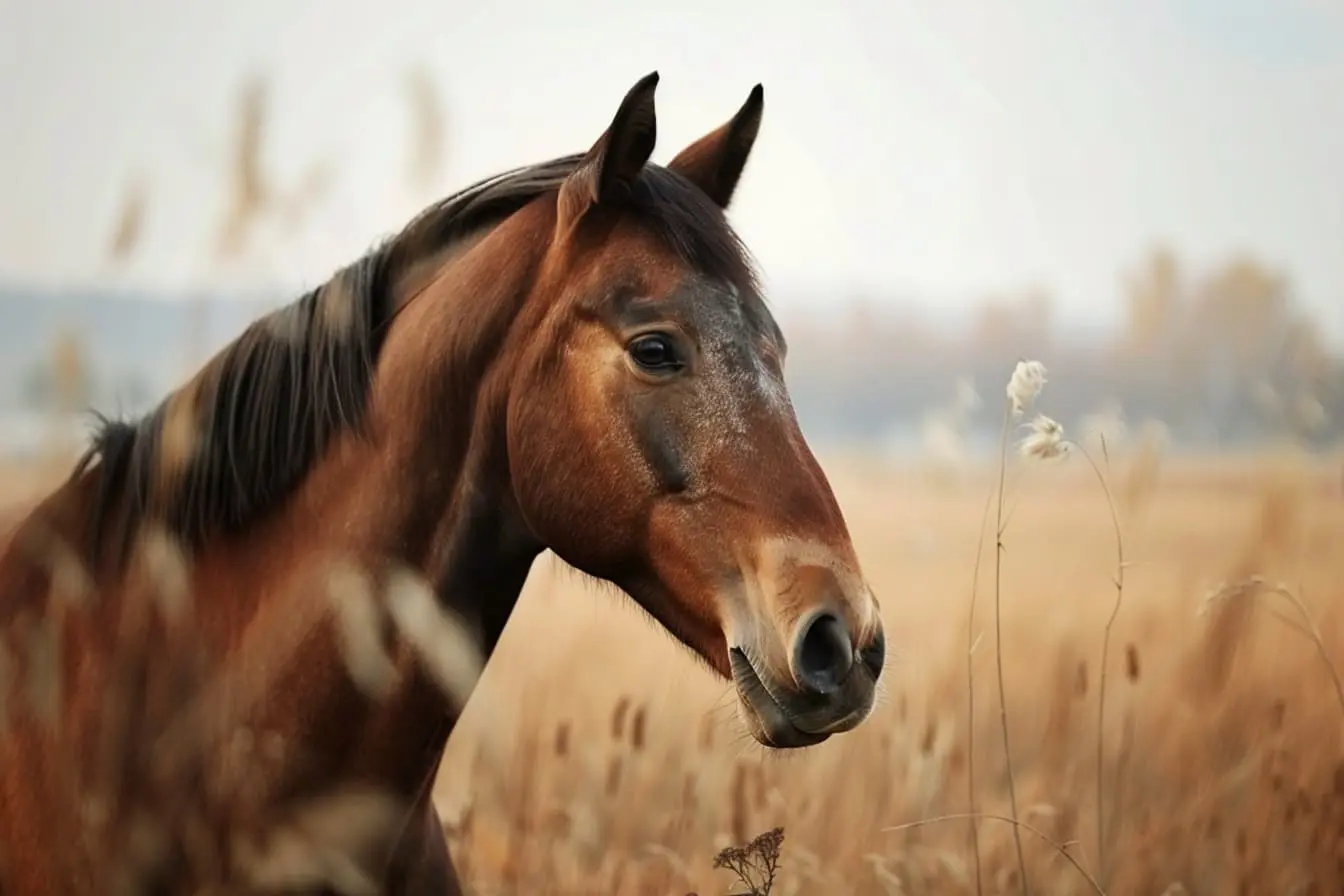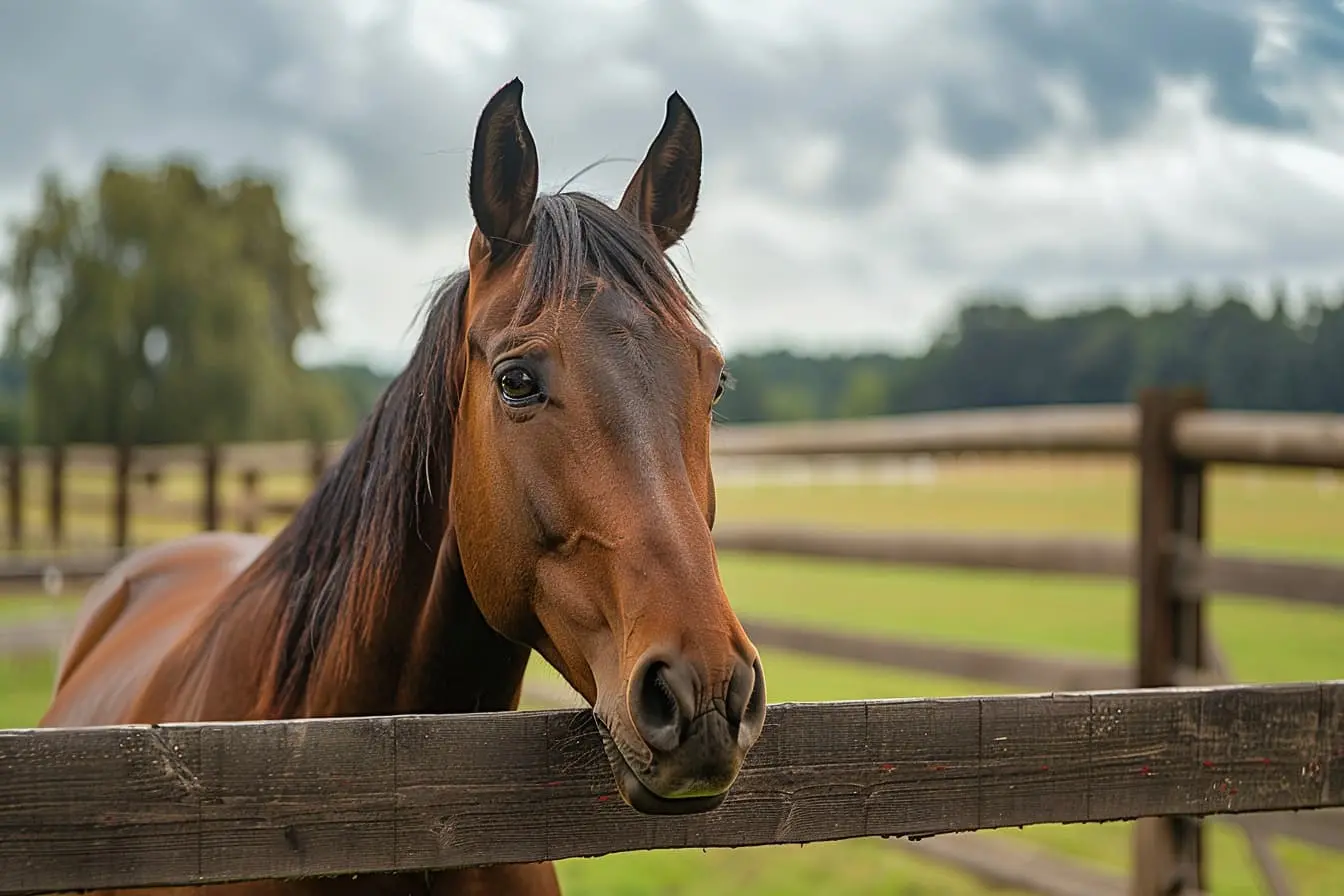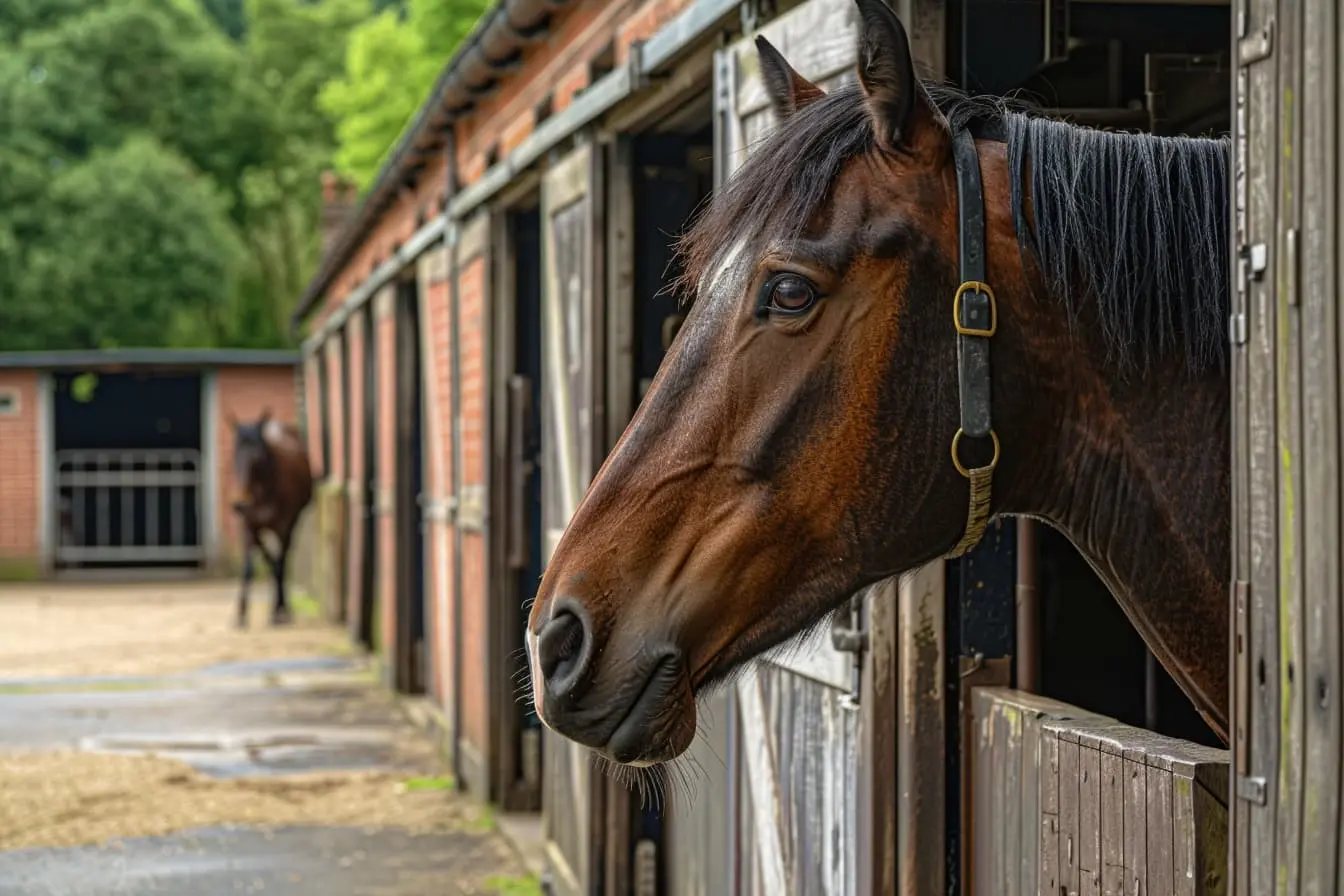
A Beginner's Guide to Equine Vaccinations: Protecting Your Horse's Health
Welcoming a horse into your life is an adventure filled with joy, bonding, and responsibility. Among the critical duties of a horse owner is ensuring the health and well-being of your equine companion through regular vaccinations. Vaccinations are crucial in protecting horses from various infectious diseases, some of which can be fatal. This guide aims to provide new horse owners with an understanding of the essential vaccines your horse needs and the schedule to follow.
Understanding the Importance of Vaccinations
Vaccines work by stimulating the horse's immune system to build defense mechanisms against specific pathogens. This preventive measure is key to avoiding serious health issues that can affect not only your horse but also other horses in the community. Some diseases are zoonotic, meaning they can be transmitted between animals and humans, making vaccinations all the more important.
Core Vaccinations
Core vaccines are recommended for all horses regardless of their location, lifestyle, or age. These vaccines protect against diseases that are widespread, have a high mortality rate, or pose a significant risk to human health.
- Tetanus (Lockjaw): Caused by a toxin-producing bacterium found in the soil, tetanus can be fatal for horses. Given the nature of horses to get cuts and wounds, vaccination against tetanus is essential.
- Equine Influenza: Highly contagious and affecting the respiratory system, equine influenza can cause severe illness in horses. Regular vaccinations help mitigate the risk of outbreaks.
- Equine Herpesvirus (EHV): This virus has several strains affecting horses in different ways, from respiratory illness to neurological disease and abortion in pregnant mares.
- West Nile Virus: Transmitted by mosquitoes, West Nile Virus can cause severe neurological disease. Vaccination is the most effective way to protect horses against this virus.
- Rabies: Although rare in horses, rabies is fatal and poses a significant risk to humans. Vaccination against rabies is recommended for all horses.
Risk-Based Vaccinations
In addition to core vaccines, there are risk-based vaccinations tailored to your horse's specific needs, determined by factors such as geography, age, travel habits, and exposure risk. Some of these include:
- Strangles: Caused by bacteria, strangles is a contagious disease that affects the lymph nodes and can lead to severe respiratory issues.
- Equine Infectious Anemia (EIA): Also known as "swamp fever," EIA is a viral disease with no cure. While there's no vaccine for EIA, regular testing is crucial for prevention.
- Potomac Horse Fever: This disease can cause severe diarrhoea, laminitis, and can be fatal. Vaccination is recommended for horses in or traveling to areas where the disease is prevalent.
Vaccination Schedule
The vaccination schedule for your horse will depend on various factors, including its age, overall health, risk of exposure, and the specific diseases prevalent in your area. Generally, foals receive their first vaccinations at 4-6 months of age, with boosters following a few weeks later. Adult horses typically need annual boosters, but some vaccines may require more frequent administration. It's essential to work closely with your veterinarian to develop and maintain a vaccination schedule tailored to your horse's needs.
Final Thoughts
Vaccinating your horse is a vital part of responsible horse ownership. It protects your horse, other horses, and even humans from serious diseases. While the initial vaccination series and regular boosters represent a commitment of time and resources, the protection they offer against life-threatening illnesses is invaluable. Always consult with your veterinarian to create a vaccination plan that's best suited to your horse's individual health profile and lifestyle.
Embracing the responsibility of vaccinating your horse not only contributes to the health and longevity of your beloved companion but also to the wider equine community's wellbeing.
Vets near you
Speciality vets
- Aquatics vet specialists
- Birds vet specialists
- Camelids vet specialists
- Cats vet specialists
- Cattle vet specialists
- Deer vet specialists
- Dogs vet specialists
- Equines vet specialists
- Exotic vet specialists
- Goats vet specialists
- Pigs vet specialists
- Poultry vet specialists
- Sheep vet specialists
- Small Mammals vet specialists
- Wild vet specialists
Vet facilities
- Accessible by public transport
- Blood testing
- Car park nearby
- Client car park
- Dentistry
- Diagnostic imaging
- Disabled public access
- Flea and worm treatments
- Microchipping
- Mobile services
- Neutering
- Open at weekends
- Out-of-hours service
- Referral interests
- Referrals only
- Street parking outside
- Toilets available
- Vaccinations



